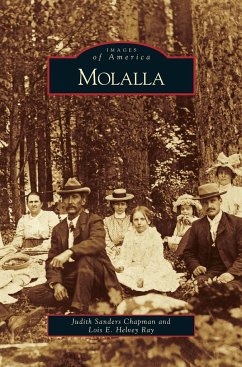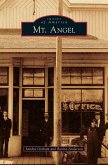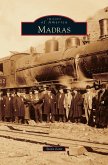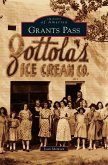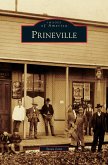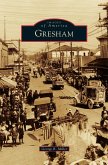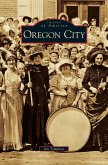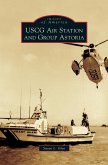Molalla is a small community on the edge of the Willamette Valley where some of the first Oregon Trail settlers arrived in the 1840s. Thirty miles south of Portland and north of Oregon's capital at Salem, Molalla rests snugly against the foothills of the Cascade Mountains, watched over by snowcapped Mount Hood. Though close to the region's first capital at historic Oregon City, Molalla is an independent Western town famous for its annual Fourth of July Buckeroo rodeo and parade. Molalla grew as an important agricultural trade center but is best known for its logging operations and abundant lumber mills. People had long visited summer resorts along the Molalla River and rejuvenated at the now-vanished Wilhoit Mineral Springs resort. Molalla retains its small-town atmosphere and independent spirit, not unlike the pioneer forebears who made the Molalla Prairie their home.
Hinweis: Dieser Artikel kann nur an eine deutsche Lieferadresse ausgeliefert werden.
Hinweis: Dieser Artikel kann nur an eine deutsche Lieferadresse ausgeliefert werden.

